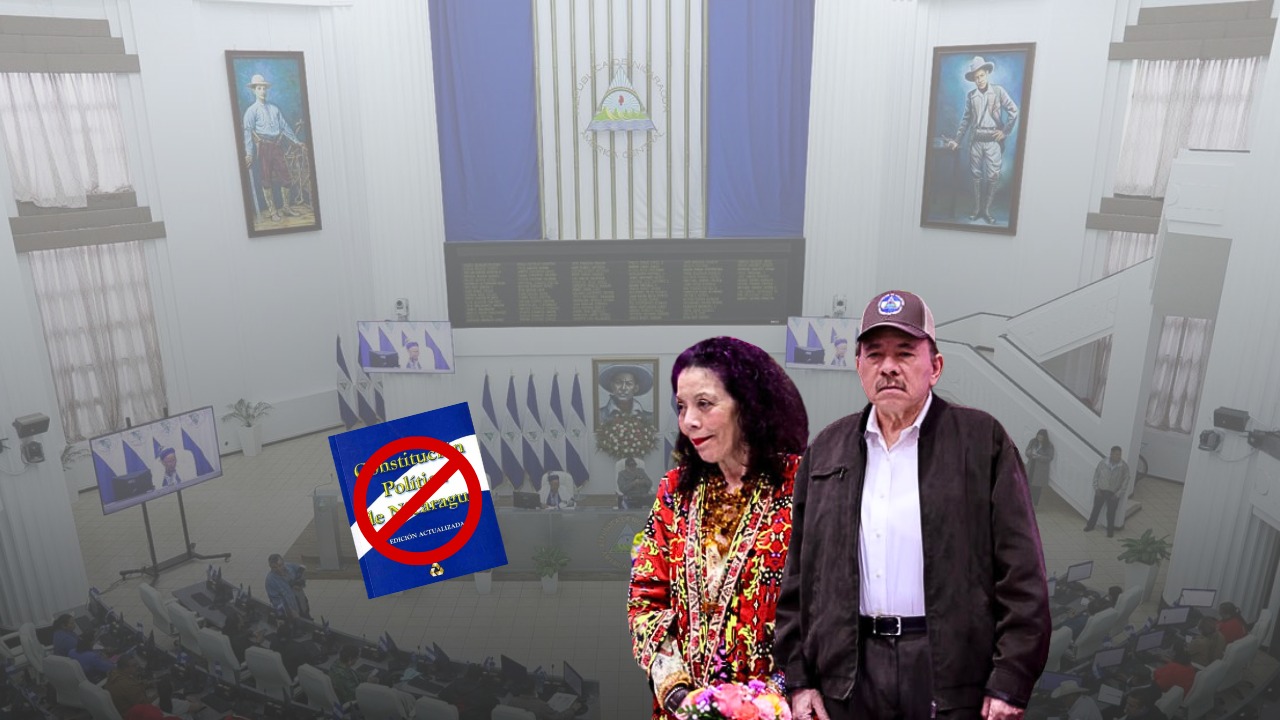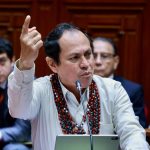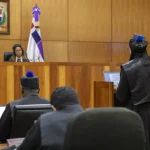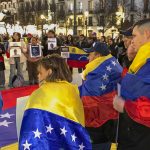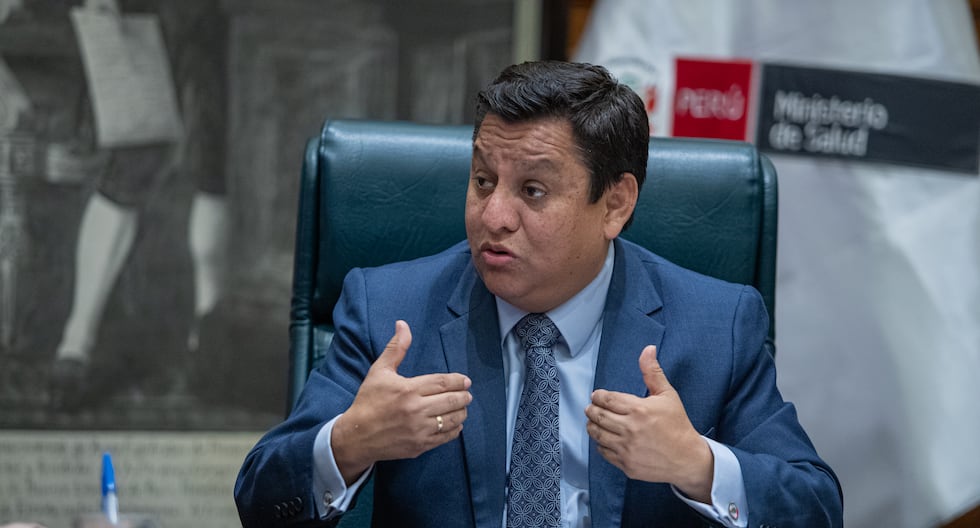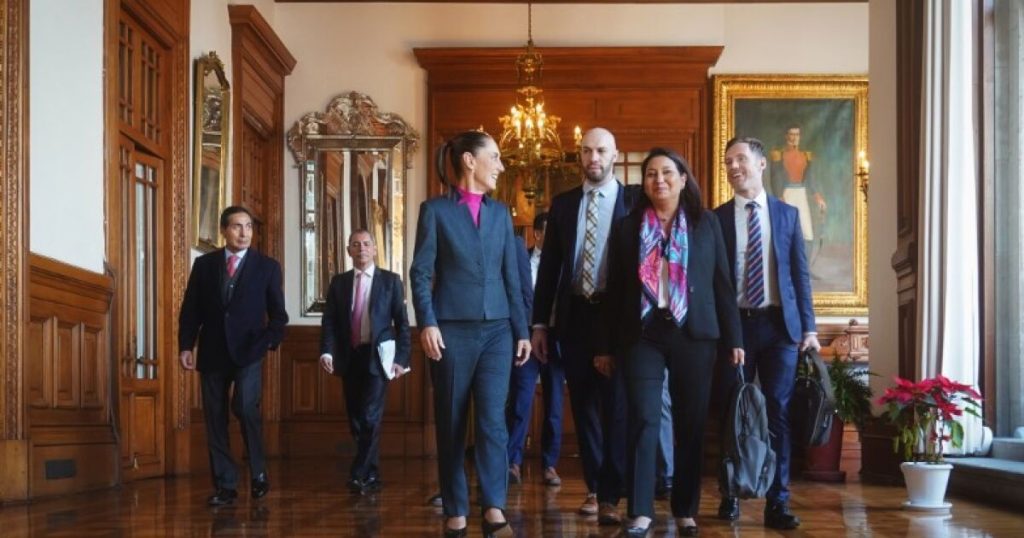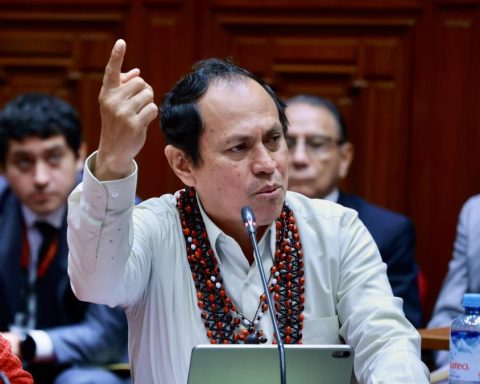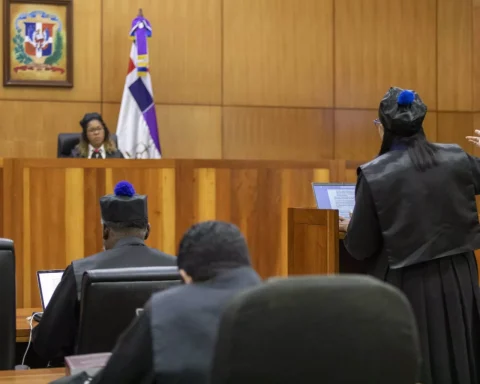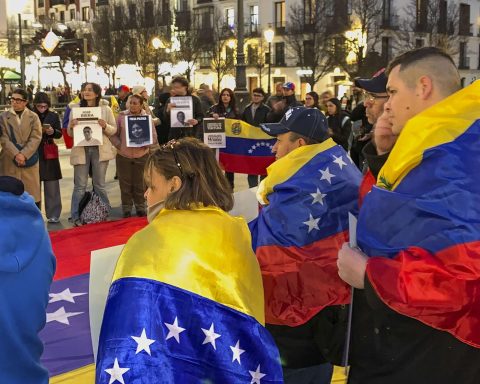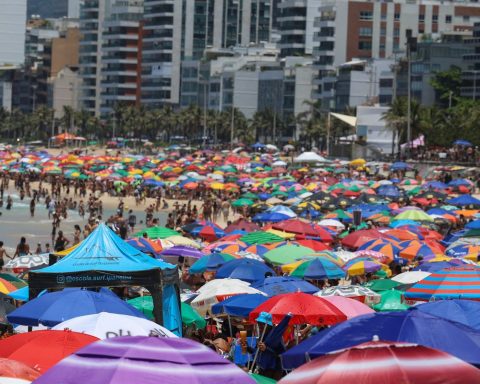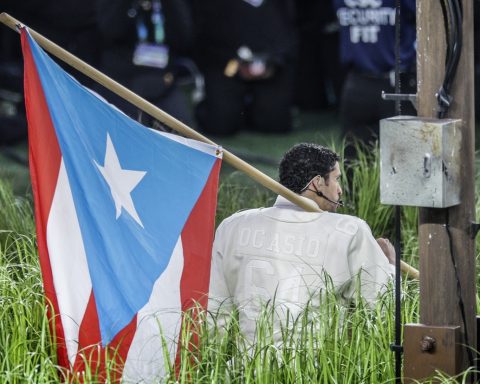The constitutional reform promoted by Daniel Ortega in Nicaragua touches the core of the State by creating the figure of co-president for his wife Rosario Murillo, eliminating the independence of powers and political pluralism, and increasing social control.
Analysts critical of the government highlighted these points in the text, which reached the hands of deputies in the Assembly, a body controlled by the ruling Sandinista National Liberation Front (FSLN).
Related news: Military, to stand at attention and obey Rosario Murillo by constitutional order
Former guerrilla commander Dora María Téllez, who was imprisoned and lives in exile in the United States, assured AFP that the reform resolves the succession with a first line that includes Murillo, who has always aspired to be president.
Salvador Marenco, a Nicaraguan human rights lawyer exiled in Costa Rica, assured AFP that the reform reflects that the Constitution, to which Ortega has made more than a dozen reforms, was long ago
“dead.”
«Everything that is now in the reform is what, in fact, has been happening in Nicaragua: a de facto dictatorship. The new thing is that it will now be in the Constitution,” Téllez added.
Yader Morazán, a former Nicaraguan judicial official exiled in the United States, said that
“The nation is being refounded with profound changes in the political and social organization.”
In the reform project, the regime includes declaring to the party flag Sandinista National Liberation Front (FSLN) as a national symbol.
The measure taken by the government caused controversy on social networks because until now no national symbol is related to any political party or ideology. The flag of the ruling party is visible in official government institutions, mayor’s offices and public places along with the blue and white flag.
After the 2018 protests, the red-and-black flag became an object of rejection for the majority of Nicaraguans who were even arrested and convicted for burning the main symbol of the dictatorship.
Related news: Red and black flag, from emblem of a dictatorship to national symbol
The opposition Sergio Beteta was arrested and convicted in 2021 for burning a flag of the ruling party in the Central American University (UCA) sector.
Another controversial point is the extension of the presidential term, which will go from five to six years.
For the human rights defender and expelled from Nicaragua by the Sandinista regime, Ana Quirós, by expanding the presidential termOrtega and Murillo seek to buy time to consolidate the installation of their dynastic model in the state and “arrange their chips” to eliminate any type of opposition.
“What they want is to finish establishing themselves as a quasi-monarchical, dictatorial system with a supposed constitutional foundation,” says Quirós.
For the Nicaraguan opponent Felix Maradiaga, the extension of the presidential term is one of the most worrying aspects of this reform because it destroys any vestige of democratic alternation in power, and also seeks to shamelessly align the Nicaragua with regimes like China and
